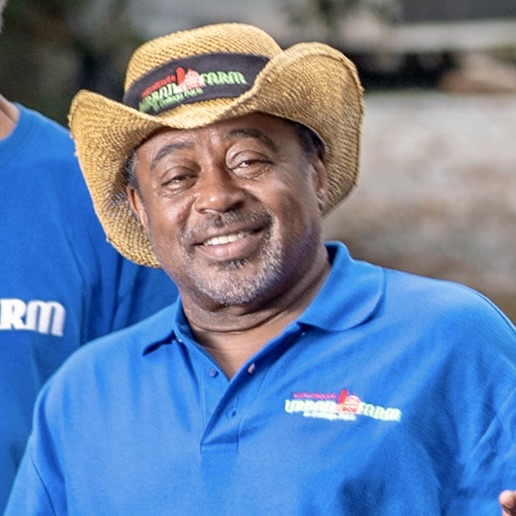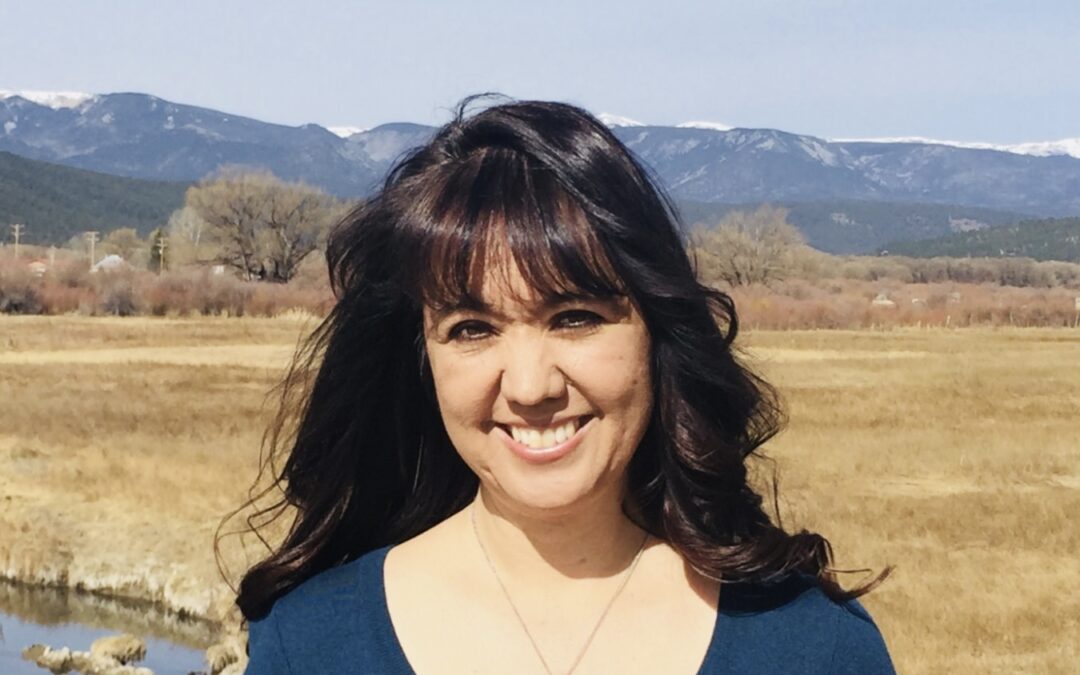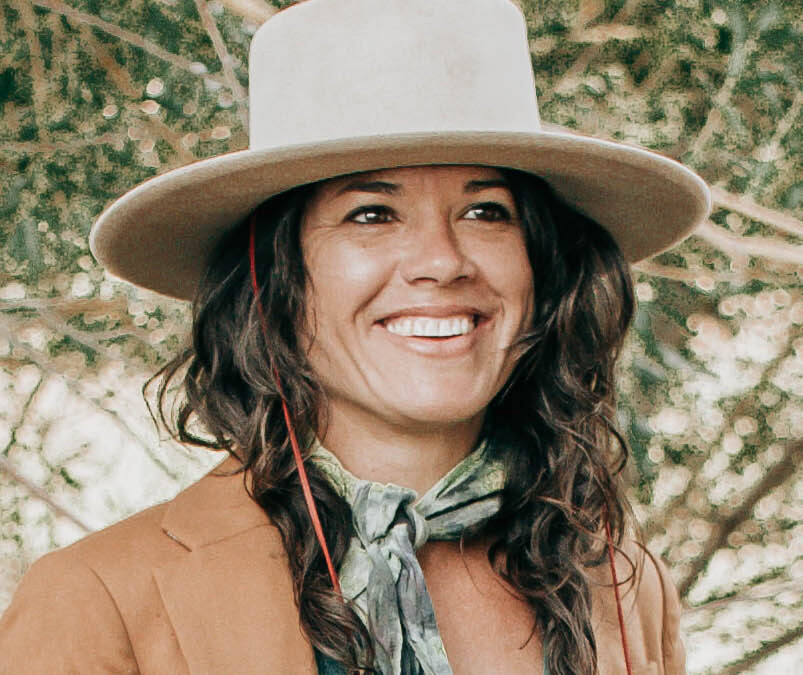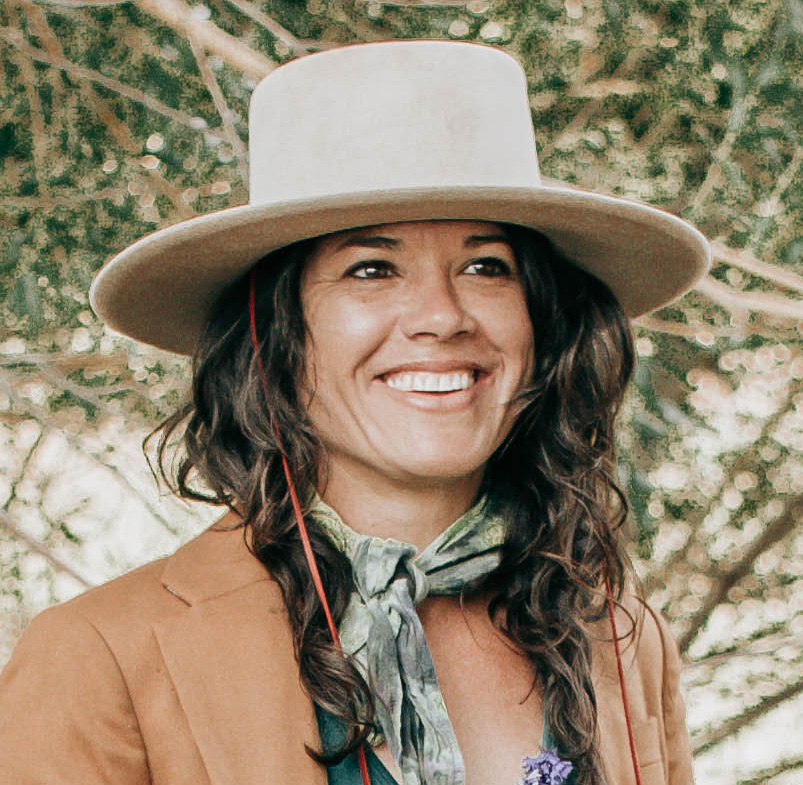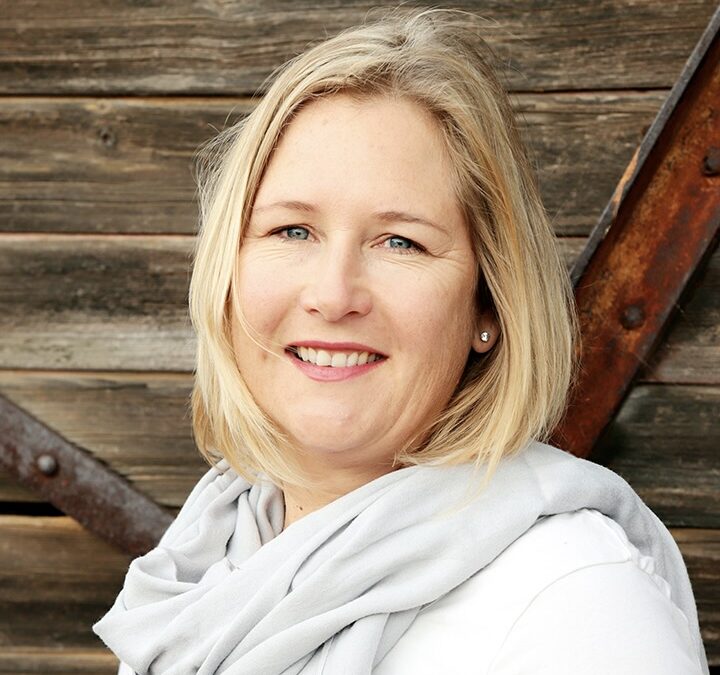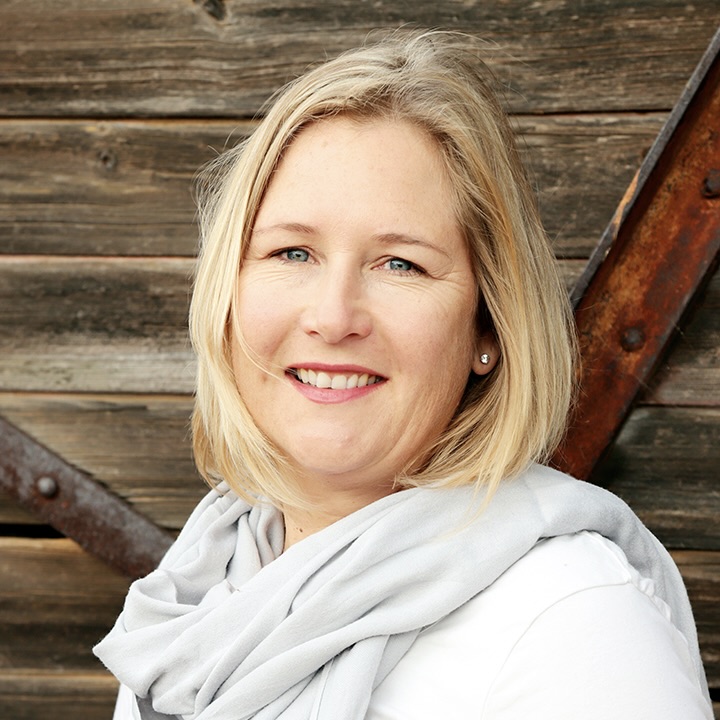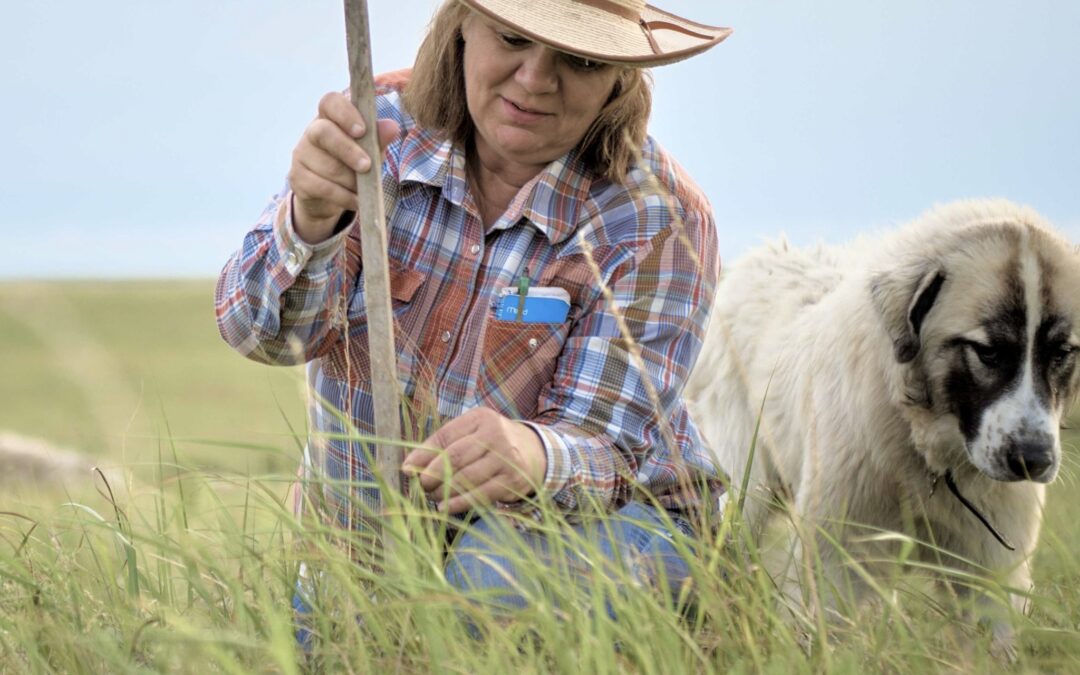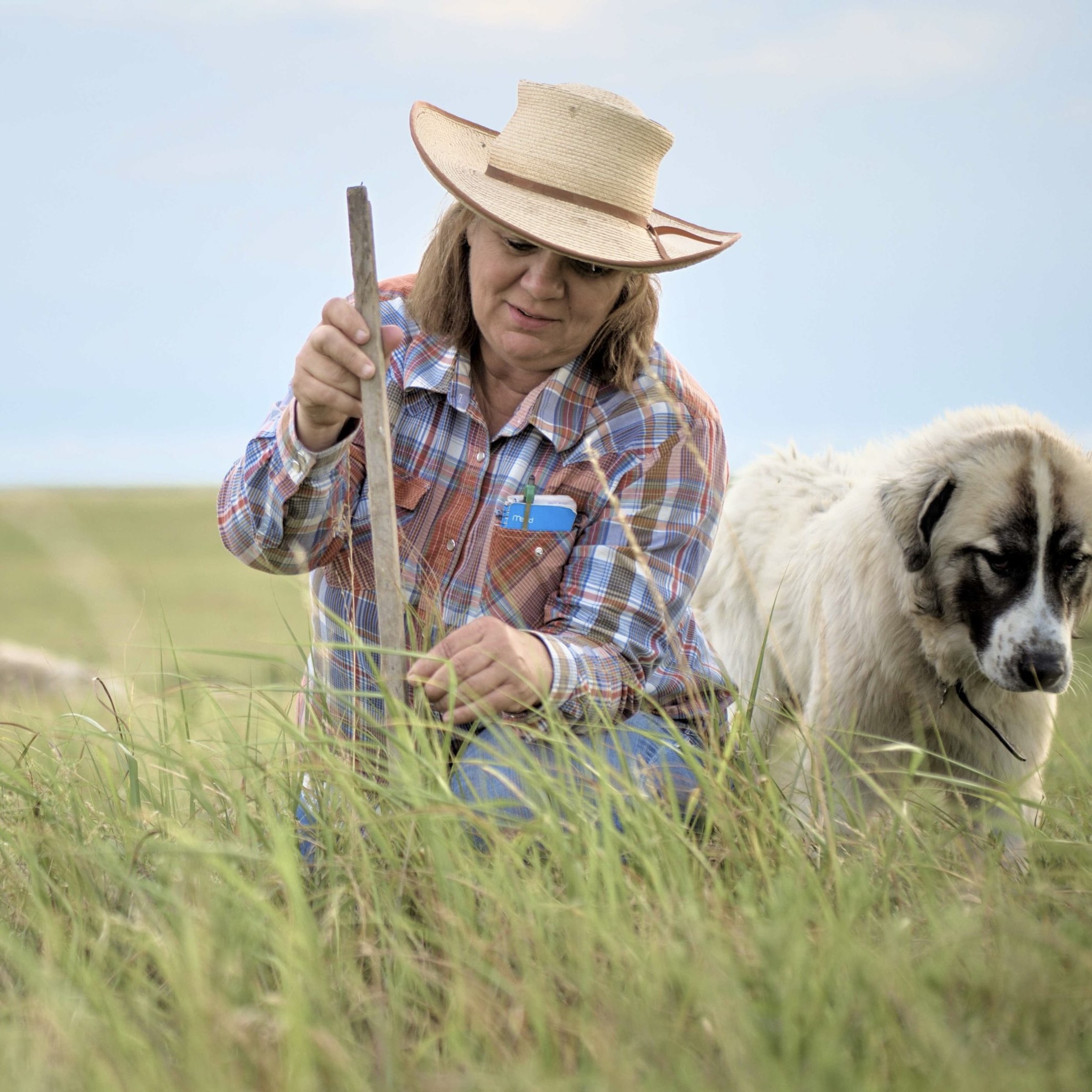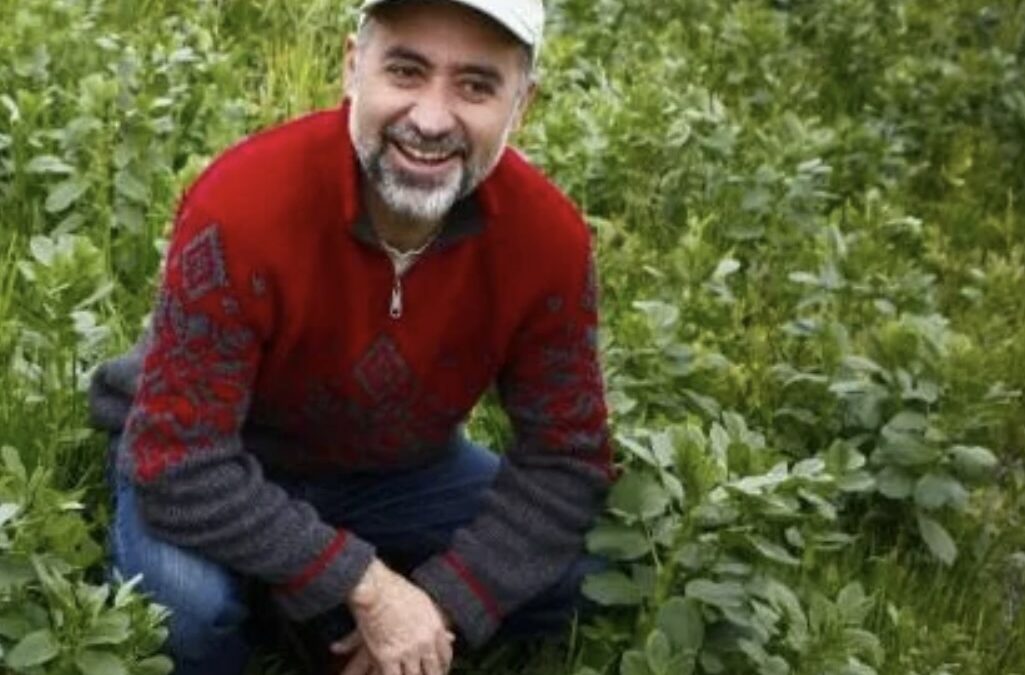
Torri Estrada
Torri Estrada
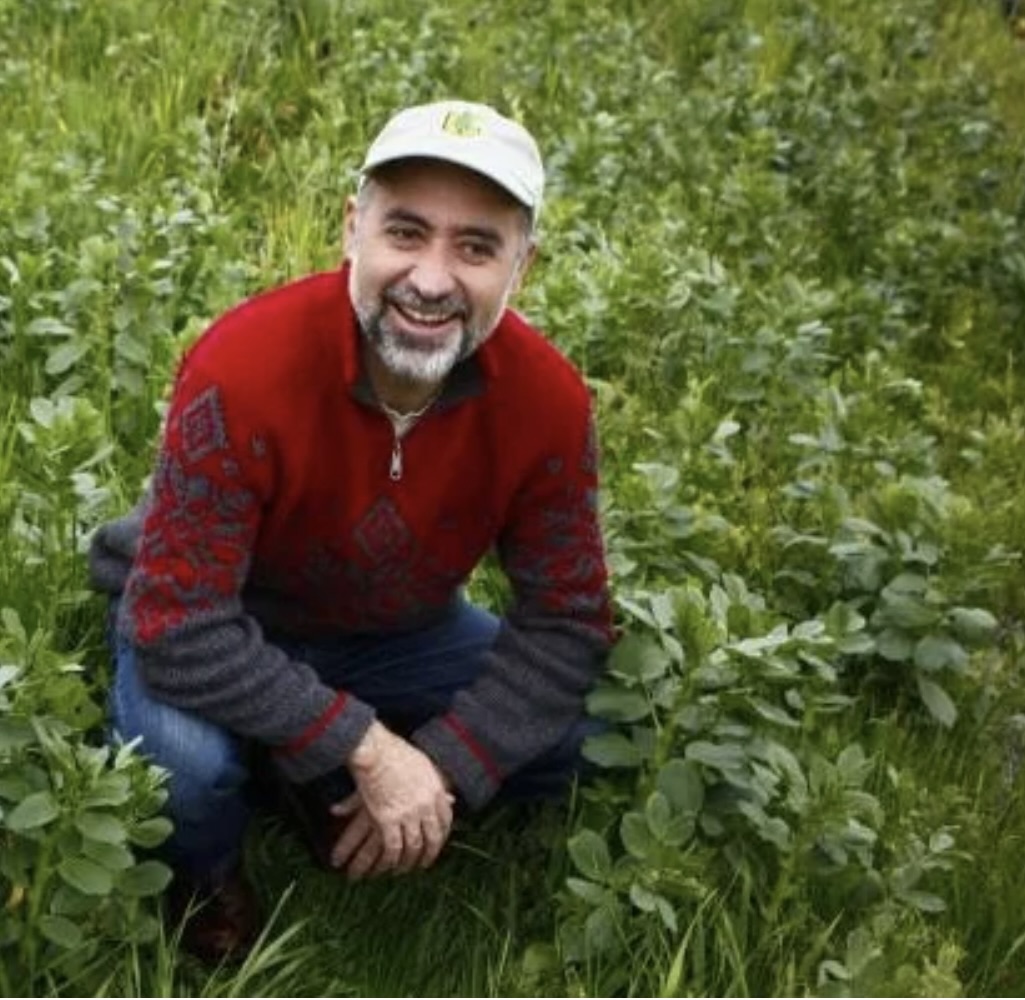
Torri Estrada is Executive Director at the Carbon Cycle Institute and directs its policy and climate justice work. Torri has worked to advance solutions to social and environmental justice, climate, and environmental issues for over thirty years. Previously, Torri was program director at the Marin Community Foundation, where he managed the Foundation’s environmental grantmaking program and climate change initiative. He was also a program officer at the Unitarian Universalist Veatch Program, managing its environmental justice and civil rights portfolios. Torri was the co-founder and a senior policy fellow with the Environmental Justice Coalition for Water; Torri served as Program Director at Urban Habitat and directed its Brownfields and Community Revitalization Project and co-developed its Leadership Development Program. Torri holds an MS in Environmental Sociology and Policy (with environmental justice emphasis) from the University of Michigan, and a joint BS/BA degree in Environmental Science and Policy and Ecological Anthropology from the University of California at Berkeley.
Plenary Panel
Resilience Through Catastrophe: Preparation for and Recovery from Climate Disasters
Hear from panelists about how producers and technical service providers can prepare for and recover from climate disasters like wildfire through building soil health, holistic management, and unique partnerships and collaborations. We’ll hear perspectives from New Mexico, California and Australia, including challenges and success stories, as we address local climate and natural disaster catastrophes via local and global perspectives.
